APRC is the percentage of interest rate for the annual cost of a homeowner loan, unsecured loan or mortgage. It takes into account all charges, including fees, interest rates and other costs. The APRC (sometimes just APR) is the best way to compare the total cost of loans from different lenders.
Falling into ‘arrears’ happens with you have not made regular loan payments outlined in the terms. This term describes a person who is behind with their monthly loan repayments.
The base rate is the minimum rate the Bank of England will charge banks and building societies for loans. Most lenders charge interest based on this rate. Therefore, if you have a variable interest rate loan, the repayments will increase if the base rate increases.
A loan broker is a company that arranges homeowner, unsecured, and other types of loans for their clients. It is the job of the broker to give sound financial advice and find the best loan for their client’s requirements.
Collateral is the asset a lender uses to secure a loan. For example, when applying for a homeowner loan, the borrower’s home could be used as collateral. This means if they fail to repay the loan according to its terms, the lender can take ownership of the house.
A credit check is when a lender checks your credit history to assess your financial behaviour. For example, they will look at your history of paying debts and bills and your current debt liabilities. The credit check includes your credit score or rating – a three-digit number representing your credit history if it is excellent, good, fair or poor.
Consolidating debts is where a person combines multiple debts into a single loan. This can make repaying multiple debts cheaper and more straightforward.
This is the portion of the property you actually own. To find out how much equity is in your property, deduct how much you still have to pay from the market value of your home.
A fixed interest rate is a locked-in rate that doesn’t change during a specific period or for the term of the homeowner loan.
This type of loan refers to an unsecured loan whereby a third party agrees to be responsible for paying off the loan if you cannot. A guarantor loan can be an option if you have no credit score or have a poor credit history.
A homeowner loan is a secured loan where the lender uses the borrower’s property as collateral. The amount you can borrow depends on the amount of equity in the home.
The terms of some loans allow you to miss an occasional monthly payment during an agreed period.
A mortgage is a secured loan with the purpose of buying a house or other property. An average mortgage lasts for 25 years. Your mortgage is secured against your home until you pay it off in full. If you default on your loan, the bank may take back ownership of your house.
A personal loan is when you borrow a fixed amount and repay the loan in monthly instalments. The loan can be secured against assets as security and generally is for borrowing larger amounts. An unsecured loan is more flexible but may have higher interest rates.
Remortgaging your home is when you move your existing mortgage to another lender. This is sometimes an option to get a better deal than your current lender offers. Sometimes, you can stay with the same lender to remortgage your home if they offer a better offer.
The SVR (standard variable rate) is the default interest rate your lender offers. This is usually the rate you move to when an introductory offer has ended.
Also called a homeowner loan or a second charge mortgage, these loans use your property to secure the loan. Typically, secured loans are for people with poor credit or who want to borrow a substantial amount of money.

Simply fill out the quote form below and let our advanced matching system do the work for you.

Simply fill out the quote form below and let our advanced matching system do the work for you.